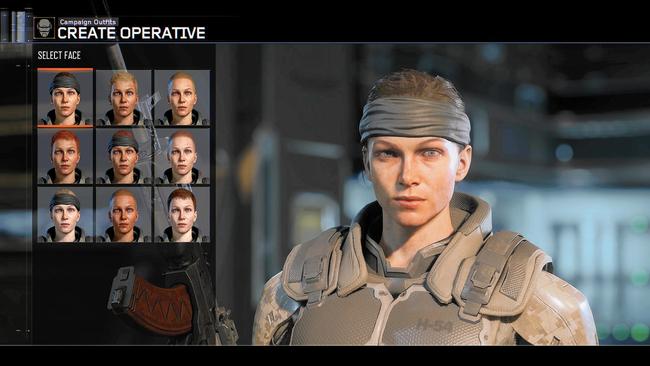March 8, 2021
How I cancelled Mary Poppins
I have a confession: In 1982, I cancelled Mary Poppins.
The book’s beloved author, P.L. Travers, had just released a new version that removed some of the ethnic stereotypes that were in the original —I remember that “Eskimos” and Africans were caricatures, and I think there were more.
I was freelancing for Macleans at the time, and interviewed Ms. Travers about it over the phone. She was sweet, humble, and kind. It was a bit like getting to talk with Mr. Rogers.
I asked her why she had revised the book. She replied something like, “Why, I wouldn’t want to hurt any creature, human or animal.” (I can’t find the article online anywhere.)
So, yes, I actively helped to cancel Mary Poppins.
I wonder whatever happened to that book…
* * *
(Do I have to add that the article was in fact supportive of her? Good lord, you people are monsters!)










